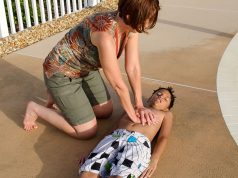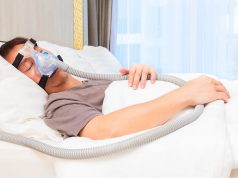Brain Changes Identified in Nonconcussed Contact Athletes
Changes in brain microstructure, function seen in asymptomatic contact versus noncontact athletes
Burnout Less Likely for Doctors in Minority Race/Ethnic Groups
Non-Hispanic Black physicians more likely to report satisfaction with work-life integration versus White doctors
Factors ID’d in Withdrawal of Life Support in Severe TBI Patients
Decision to withdraw life-supporting treatment influenced by race, region, insurance status
Preventable Hospitalizations Up Among Those With Dementia
Increases driven by hospitalizations of community-dwelling older adults
Prenatal Cannabis Exposure May Harm Child Neurodevelopment
Maternal cannabis use during pregnancy tied to higher risk for autism spectrum disorder in offspring
Guidance Helps Doctors Optimize Telemedicine for Seniors
Physicians should be mindful of cues that patient may not hear or understand and repeat or rephrase
Four in 10 Children’s Behavioral Care Facilities Offer Autism Services
Access to specialized treatment especially limited in rural, lower-income communities
Mental Stress-Induced Brain Activation Linked to Angina
Mental stress-induced inferior frontal lobe activation linked to angina in stable coronary artery disease
Expanding Medicaid in Holdout States Could Insure 3.9 Million
Given the increase in uninsured due to COVID-19-related unemployment, this estimate is likely low
COVID-19 Tied to Higher Risk for Large Vessel Occlusion Strokes
However, no association seen between COVID-19 and small vessel occlusion stroke



















